An adventure is an exciting experience or undertaking that is typically bold, sometimes risky. Adventures may be activities with some potential for physical danger such as traveling, exploring, skydiving, mountain climbing, scuba diving, river rafting or participating in extreme sports. Adventures are often undertaken to create psychological arousal or in order to achieve a greater goal such as the pursuit of knowledge that can only be obtained in a risky manner.
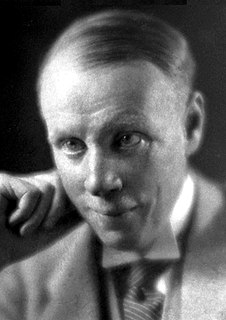
Harry Sinclair Lewis was an American writer and playwright. In 1930, he became the first writer from the United States to receive the Nobel Prize in Literature, which was awarded "for his vigorous and graphic art of description and his ability to create, with wit and humor, new types of characters." He is best known for his novels Main Street (1920), Babbitt (1922), Arrowsmith (1925), Elmer Gantry (1927), Dodsworth (1929), and It Can't Happen Here (1935).
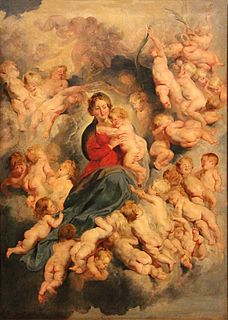
The Massacre of the Innocents is the incident in the nativity narrative of the Gospel of Matthew (2:16–18) in which Herod the Great, king of Judea, orders the execution of all male children two years old and under in the vicinity of Bethlehem. The Catholic Church regards them as the first Christian martyrs, and their feast – Holy Innocents' Day – is celebrated on 28 December. A majority of Herod biographers, and "probably a majority of biblical scholars," hold the event to be myth, legend, or folklore.
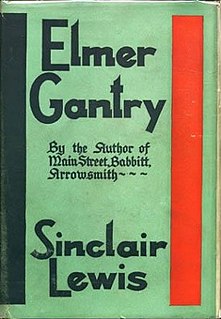
Elmer Gantry is a satirical novel written by Sinclair Lewis in 1926 that presents aspects of the religious activity of America in fundamentalist and evangelistic circles and the attitudes of the 1920s public toward it. The novel's protagonist, the Reverend Dr. Elmer Gantry, is initially attracted by booze and easy money and chasing women. After various forays into evangelism, he becomes a successful Methodist minister despite his hypocrisy and serial sexual indiscretions.
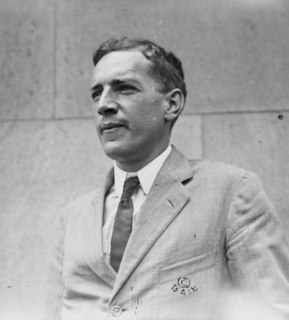
Upton Beall Sinclair Jr. was an American writer, muckraker, political activist and the 1934 Democratic Party nominee for Governor of California who wrote nearly 100 books and other works in several genres. Sinclair's work was well known and popular in the first half of the 20th century, and he won the Pulitzer Prize for Fiction in 1943.
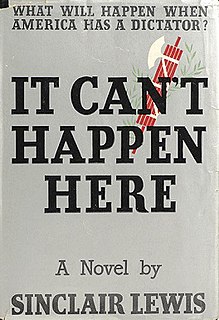
It Can't Happen Here is a 1935 dystopian political novel by American author Sinclair Lewis. It describes the rise of a US dictator similar to how Adolf Hitler gained power. The novel was adapted into a play by Lewis and John C. Moffitt in 1936.
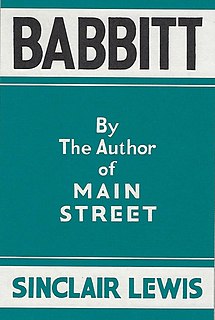
Babbitt (1922), by Sinclair Lewis, is a satirical novel about American culture and society that critiques the vacuity of middle class life and the social pressure toward conformity. The controversy provoked by Babbitt was influential in the decision to award the Nobel Prize in Literature to Lewis in 1930.

Boosterism is the act of promoting ("boosting") a town, city, or organization, with the goal of improving public perception of it. Boosting can be as simple as talking up the entity at a party or as elaborate as establishing a visitors' bureau. It has been somewhat associated with American small towns.

Arrowsmith is a novel by American author Sinclair Lewis, first published in 1925. It won the 1926 Pulitzer Prize. Lewis was greatly assisted in its preparation by science writer Paul de Kruif, who received 25% of the royalties on sales, although Lewis was listed as the sole author.

Main Street is a satirical novel written by Sinclair Lewis, and published in 1920.

David Kossoff was a British actor. In 1954 he won the BAFTA Award for Most Promising Newcomer to Leading Film Roles for his appearance as Geza Szobek in The Young Lovers. He played Alf Larkin in TV sitcom The Larkins and Professor Kokintz in The Mouse that Roared (1959) and its sequel The Mouse on the Moon (1963).
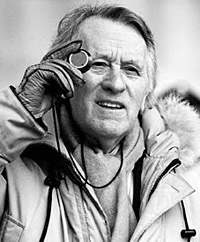
Frederick William Francis was an English cinematographer and film director. He achieved his greatest successes as a cinematographer. He started his career with British films such as Jack Cardiff's Sons & Lovers (1960), Jack Clayton's drama Room At The Top (1958), and psychological horror film The Innocents (1961). He became known for his collaborations with David Lynch with The Elephant Man (1980), Dune (1984), and The Straight Story (1999). He also earned acclaim for his work on The French Lieutenant's Woman (1981) starring Meryl Streep, and Martin Scorsese's Cape Fear (1991). As a director, he was associated with the British production companies Amicus and Hammer in the 1960s and 1970s. Over his career he earned many accolades including two Academy Awards for Sons and Lovers (1960) and Glory (1989). He also earned five British Academy Film Award nominations, as well as an international achievement award from the American Society of Cinematographers in 1997 and BAFTA's special achievement award in 2004.

Lewis is a British television detective drama produced for ITV, first airing in 2006 (pilot) then 2007. It is a spin-off from Inspector Morse and, like that series, it is set in Oxford. Kevin Whately reprises his character Robert "Robbie" Lewis, who was Morse's sergeant in the original series. Lewis has now been promoted to detective inspector and is assisted by DS James Hathaway, portrayed by Laurence Fox, who was promoted to inspector before the seventh series. The series also stars Clare Holman as forensic pathologist Dr. Laura Hobson, likewise reprising her role from Inspector Morse and from the seventh season, Angela Griffin as DS Lizzie Maddox.
The Innocents or Innocents may refer to:

Greatest Hits is a singles compilation album by American recording artist Alexander O'Neal, released on 23 August 2004. Greatest Hits comprises fifteen best-selling singles released between 1985 and 1993.
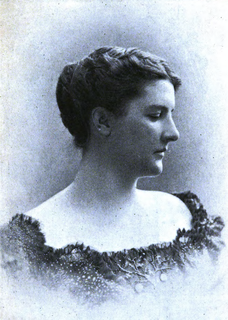
Elizabeth Garver Jordan was an American journalist, author, editor, and suffragist, now remembered primarily for having edited the first two novels of Sinclair Lewis, and for her relationship with Henry James, especially for recruiting him to participate in the round-robin novel The Whole Family. She was editor of Harper's Bazaar from 1900 to 1913.

Wide is the Gate is the fourth novel in Upton Sinclair's Lanny Budd series. First published in 1943, the story covers the period from 1934 to 1937.
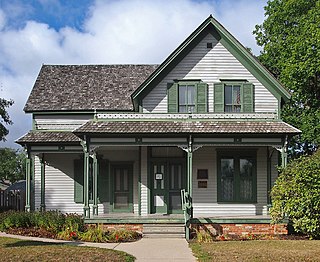
The Sinclair Lewis Boyhood Home is a historic house museum and National Historic Landmark in Sauk Centre, Minnesota, United States. From 1889 until 1902 it was the home of young Sinclair Lewis (1885–1951), who would become the most famous American novelist of the 1920s and the first American to receive the Nobel Prize in Literature. His most famous book, Main Street, was inspired by the town of Sauk Centre as Lewis perceived it from this home.
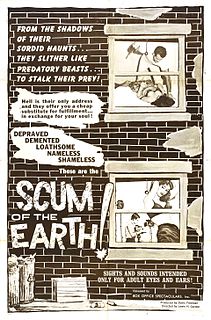
Scum of the Earth! is a 1963 American exploitation film directed by Herschell Gordon Lewis and produced by David F. Friedman. It is credited as being the first film in the "roughie" genre.
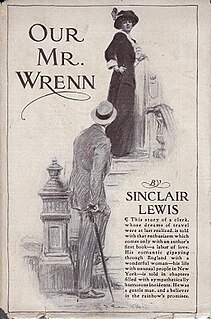
Our Mr. Wrenn: The Romantic Adventures of a Gentle Man is a 1914 novel by Sinclair Lewis and the first to be published under his real name.

















